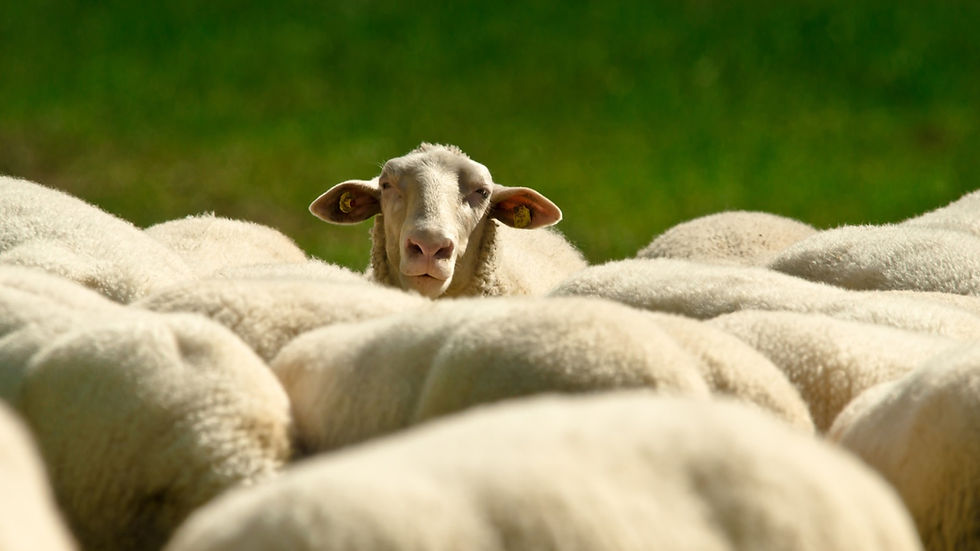No complacency for innovative Aussie farmers
- Rikki Lambert
- May 12, 2022
- 3 min read

Federal Agriculture Minister David Littleproud has batted away concerns that Australia may coast to $100 billion in farmgate value by the 2030 on the back of high commodity prices - and miss the need to innovate for the future.
The National Farmers Federation's $100 billion target has been embraced by the Coalition Government, and the deputy leader of the Nationals pointed to his government's investment in innovation for the future:
"We're investing, between farmers and the Australian taxpayer, $A1.1B a year in research and development and technology for Australian agriculture."
"This is shifting the dial...put it into context, in 2014-15 we were producing about $A47b worth of agricultural production and we were in the middle of a drought then."
The former rural banker said the government had every reason to invest in Australian farmers, who have proven they are capable in adapting to new technologies and dealing with adversities.:
"Then we've had all these other challenges, whether they be cyclones or floods and we've been able to produce $A81B because our farmers and adopted new technology and science." "That's the exciting thing, they're shifting the dials themselves because they need to make a quid and they're understanding that the climates changing and how do they adjust? Well, they need new tools."
The need to continue innovating to deliver higher yields and value on the land was highlighted by data shared by Thomas Elder Markets' Andrew Whitelaw with Flow listeners on Thursday. Whitelaw pointed out that in real terms, farmers are getting paid less today for their grain - in part because they, and the rest of the world, are producing so much food:
"We were looking at the CPI - the inflation rate in Australia - and we thought we'd have a look at what is the price of grain, sheep and wool, what has wheat done since the early '80s?
"We rebased prices based on changes taking into account inflation ... what we see is in current day dollars, if we look back at say 1980 to the mid 80s we are talking $600 to $800 per tonne."
The Thomas Elder Markets analyst confirmed that by the same measure, recent prices are equivalent to $400 per tonne.
"Wheat prices have been on a downward spiral since the 1700s, we are producing more per hectare. We're producing more, we meet supply and that keeps prices downgraded really."
Hear the full interview with Thomas Elder Markets' Andrew Whitelaw on the Flow podcast player below:
Minister Littleproud commended farmers’ courage to back innovative approaches with their own finances and that they “don’t get enough credit” for being “at the cutting edge” when it comes to farming production.
"That's why they're investing in partnership with the Australian taxpayer to give them new varieties of grain...these are the sort of smarter things that farmers have always done - they're at the cutting edge and I don't think they get enough credit for it, to be honest."
"They're prepared to back it with their own money with these levy dollars that go into that research."
Meanwhile, NSW Farmers Association president James Jackson has warned there is a potential $100 billion threat on the horizon for the farming sector and Australian economy, specifically the livestock sector.
The farm veterinarian says the detection of foot-and-mouth disease in Indonesian livestock is a grave concern given its transmissibility, but says it highlights the need for greater investment in biosecurity, such as a dedicated biosecurity levy on incoming freight to Australia.



Comments